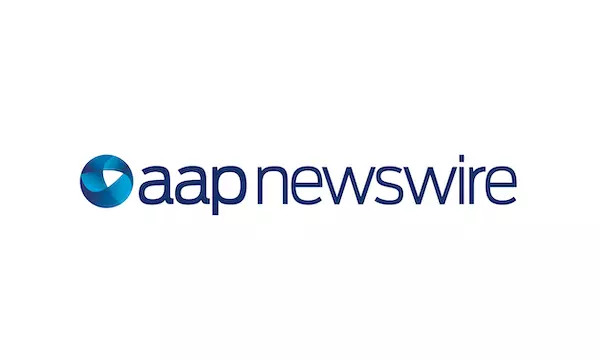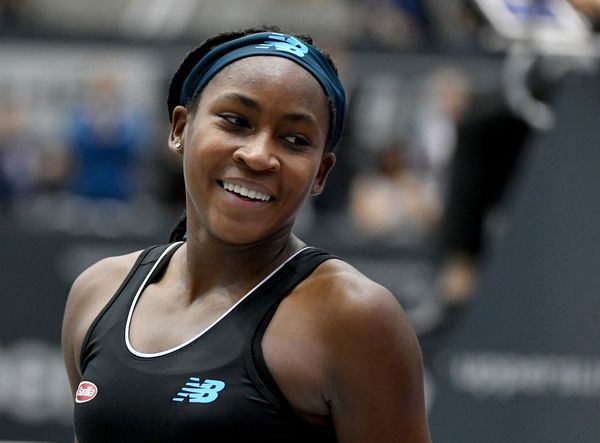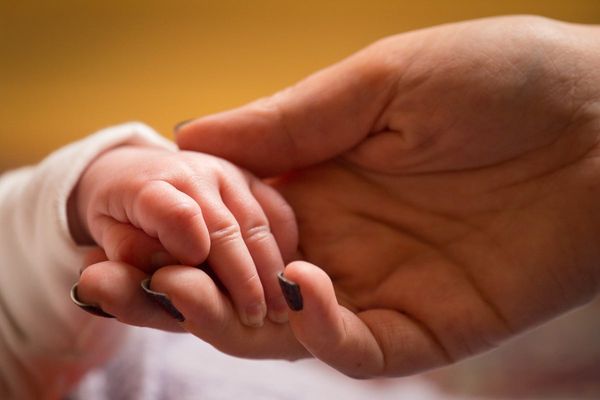
When Elon Musk acquired Twitter for $44 billion last October, many conservatives cheered.
The CEO of Tesla (TSLA) had promised to make the platform a bastion of free speech, of which he calls himself an absolutist.
The era of censorship was over, he promised. Now, users of the social network could tweet freely, as long as their messages did not violate the law. To show that Twitter 2.0 was going to mark a break with Twitter 1.0, he removed most of the safeguards intended to limit hateful, racist and anti-Semitic speech as well as those aimed to prevent the spread of misinformation.
To top it off, he announced the publication of the so-called Twitter Files, which include information from the platform intended to prove that Twitter 1.0 -- pre-Musk -- had implemented practices to muzzle conservative voices.
Twitter Files
Musk opened up the Twitter documents to a small group of journalists, including Matt Taibbi, a freelance writer. Twitter worked with them directly for several disclosures.
"More Twitter Files from Matt Taibbi," the billionaire tweeted last February to promote a new article about the Twitter files.
While the Twitter Files led to a hearing in the Republican-controlled House, they didn't reveal anything that wasn't already known. Both Taibbi and Musk saw it as exposing the Democratic bias of Twitter 1.0 and big tech in general.
"Most people don’t appreciate the significance of the point Matt was making: *Every* social media company is engaged in heavy censorship, with significant involvement of and, at times, explicit direction of the government," Musk argued. "Google frequently makes links disappear, for example."
The two men saw themselves as defending an important principle for the functioning of a democracy. For them, they were on the same side, there was no doubt. They were allies.
'I Was Alarmed'
But this alliance now seems to be over. Taibbi has just announced that he will leave Twitter, because it is no longer possible for him to promote his articles on the platform, articles which he generally publishes on Substack, a popular subscription platform for writers.
The journalist explained that the reason for his departure is the censorship imposed by Musk's Twitter, which is now blocking the promotion of Substack.
Musk denied the allegation. He said that Taibbi was incorrect.
"Of all things: I learned earlier today that Substack links were being blocked on this platform," Taibbi tweeted on April 7. "When I asked why, I was told it’s a dispute over the new Substack Notes platform."
He doesn't specify whom he asked.
"Since sharing links to my articles is a primary reason I come to this platform, I was alarmed and asked what was going on. I was given the option of posting articles on Twitter instead," he continued.
He then concluded: "I’m obviously staying at Substack, and will be moving to Substack Notes next week."
Musk then fired back.
"Substack links were never blocked. Matt’s statement is false," the tech mogul blasted out. "Substack was trying to download a massive portion of the Twitter database to bootstrap their Twitter clone, so their IP address is obviously untrusted. Turns out Matt is/was an employee of Substack."
This statement by Musk contains several inaccuracies as pointed out by Community Notes, the fact check service he set up at Twitter.
"Substack links have been throttled on Twitter and Substack’s Twitter account itself has been restricted," Community Notes wrote below Musk's tweet. "Matt Taibbi is not a Substack employee, he writes a newsletter there."
'True Friends'
Substack, the popular subscription platform for writers, has just launched a new feature called Notes, which resembles and competes with Twitter. Twitter responded by starting to block "likes" and retweets of posts containing the word "Substack." The platform has also set up a warning message each time a user clicks on the Substack links. Twitter even went so far as to block the search with the word "Substack."
Faced with public outcry, Twitter removed the warning which told its users that the Substack links were "unsafe."
Substack co-founder Chris Best also chimed in. He disputed Musk's claim that Taibbi is an employee of the platform and that his company violates the terms of service for using the Twitter API.
"We have used the Twitter API, for years, to help writers," Best wrote on Substack Notes. "We believe we're in compliance with the terms, but if they have any specific concerns we would love to know about them. We'd be happy to address any issues."
He added that Taibbi "is not and has never been an employee of Substack. He writes a Substack, and gets paid directly by his readers. That writers making money seems to be such a strange concept is telling."
Musk later tweeted words of wisdom that appear to be a reference to his former alliance with Taibbi.
"Friendship takes work, enmity is effortless," he said, adding "true friends are true fortune."







